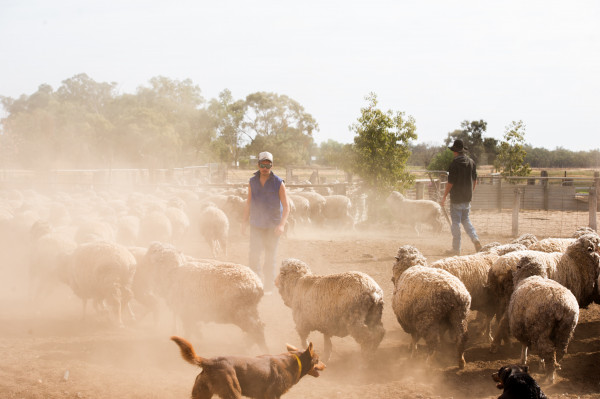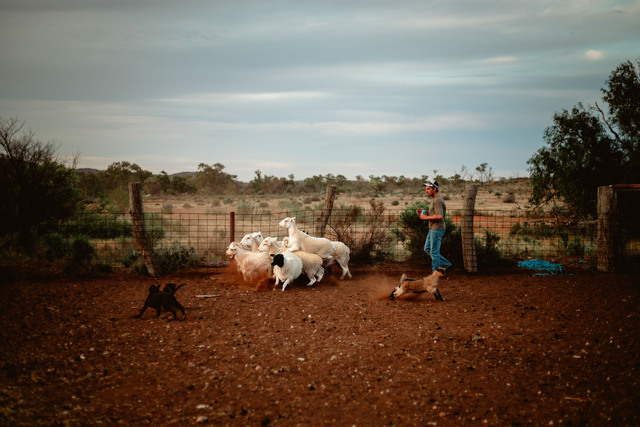HEALTH officials are encouraging people to vaccinate against Q fever as the bacterial infection becomes more prevalent with warmer weather.
Far West Local Health District health protection manager Priscilla Stanley said those who work with or near animals significantly increase the likelihood of contracting the disease.
“Q fever is a serious bacterial infection caused by breathing in dust particles contaminated by infected animal secretions,” she said.
“The infection is carried by cattle, goats, sheep and other animals, so people who work on the land and deal with livestock are most at risk.
“However, the bacteria can also easily be carried on farm tools or work clothes and brought into the family home.”
Far West Local Health District staff treated seven people with Q fever in 2024, the highest number of cases since 2017.
Symptoms commonly include high fever, chills, sweats, headaches, muscle and joint pains, and extreme fatigue, but it can also lead to more severe health issues like pneumonia or hepatitis.
Ms Stanley said people who are at a high occupational risk of contracting the bacteria should consider getting vaccinated, which is the most effective preventative measure.
Q fever can also infect children, but it’s recommended that children under the age of 15 do not get the vaccine but instead take other preventative measures such as washing hands and wearing protective gear.







